
Euphorbia Hirta: The Humble Backyard Weed That Could Revolutionize Your Natural Health Routine
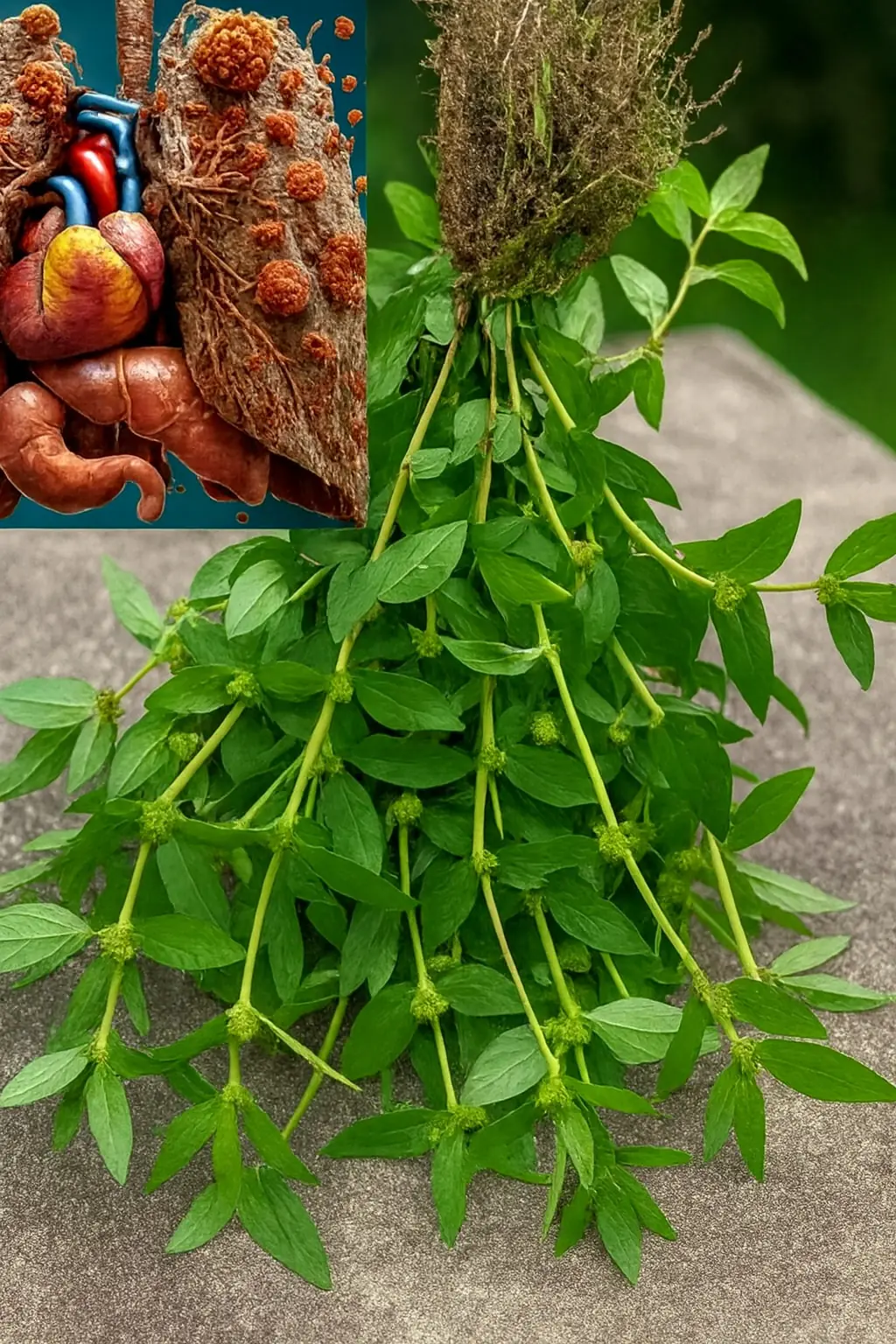
Have you ever glanced at the scruffy weeds sprouting in your yard and wondered if they hold secrets to better health? In a world obsessed with fancy supplements and high-tech treatments, it’s easy to overlook the unassuming plants right under our feet. Enter Euphorbia hirta—a tiny, hairy herb that’s been dismissed as a nuisance by many, yet revered as a healing powerhouse by traditional healers for generations. Known as asthma weed, snakeweed, or tawa-tawa, this resilient plant thrives in the most unlikely places: roadsides, cracked sidewalks, and open fields. But don’t let its wild appearance fool you. Packed with potent compounds like flavonoids, tannins, terpenoids, phenols, and saponins, Euphorbia hirta delivers antimicrobial, anti-inflammatory, and antioxidant benefits that modern science is only beginning to unravel.
Imagine turning that “weed” into a simple tea that eases your breathing or a paste that soothes stubborn skin issues. Across Africa, Asia, and Latin America, communities have relied on it for centuries to tackle everything from asthma to dengue fever. Today, as interest in natural remedies surges, Euphorbia hirta is stepping into the spotlight. Curious if this backyard find could be your next wellness ally? Let’s uncover its rich history, remarkable benefits, practical uses, and essential safety tips—because sometimes, the greatest treasures are the ones growing wild.
Unlocking the Mystery: What Exactly Is Euphorbia Hirta?
Euphorbia hirta is a member of the Euphorbiaceae family, more commonly known as the spurge family. This annual herb grows low to the ground, reaching just a few inches tall, with small oval leaves covered in fine hairs and tiny yellow-green flowers that blend into the landscape. Native to tropical and subtropical regions worldwide, it flourishes in warm climates, popping up in disturbed soils where few other plants dare to grow. From the dusty plains of India to the humid islands of the Philippines, it’s a survivor that’s adapted to thrive where others falter.
What sets Euphorbia hirta apart isn’t its looks—it’s its legacy. Traditional names reveal its cultural depth: “asthma weed” for its respiratory relief in African and Indian folklore, “snakeweed” for its supposed antidote to bites in rural communities, and “tawa-tawa” in the Philippines, where it’s a household staple during health crises like dengue outbreaks. In rural areas, it’s more than a plant; it’s a lifeline in places where modern medicine isn’t always accessible. Healers brew it into teas, crush it into poultices, or infuse it into baths, passing down recipes that blend intuition with observation. As global awareness grows, researchers are now studying its chemical makeup, confirming what ancestors knew: this weed is a natural pharmacy waiting to be appreciated.
10 Remarkable Health Benefits Backed by Tradition and Emerging Science
Euphorbia hirta isn’t just folklore—its benefits span respiratory support to immune boosting, making it a versatile addition to your wellness toolkit. Here’s a closer look at why this plant deserves your attention, drawing from centuries of use and preliminary studies that highlight its potential.
1. Breathe Easier with Respiratory Support
Struggling with coughs, asthma, or bronchitis? Euphorbia hirta has long been a go-to for soothing inflamed airways. Its bronchodilating compounds help relax bronchial muscles, easing breathing and reducing mucus buildup. Traditional teas made from its leaves provide quick relief, much like a natural expectorant, helping you reclaim calm during flare-ups.
2. Aids Dengue Recovery and Platelet Health
In regions plagued by dengue fever, like the Philippines, tawa-tawa tea is a cultural staple. Believed to boost low platelet counts and support hydration, it’s used as a complementary remedy during recovery. While not a cure, its anti-inflammatory properties may help the body rebound faster, offering hope in challenging times.
3. Unleashes Antimicrobial Power Against Infections
From bacterial skin infections to fungal woes, Euphorbia hirta’s extracts pack a punch. Its saponins and phenols target pathogens, making it ideal for cleansing wounds or treating minor infections. In folk medicine, a simple leaf paste acts as a natural antibiotic, promoting faster healing without harsh chemicals.
4. Tames Inflammation for Joint and Muscle Relief
Arthritis pain or swelling keeping you up at night? The plant’s flavonoids and tannins work as gentle anti-inflammatories, reducing redness and discomfort in joints. Applied as a compress or sipped as a decoction, it eases the ache, helping you move with more freedom and less frustration.
5. Soothes Digestive Discomfort Naturally
Diarrhea, dysentery, or cramps disrupting your day? Euphorbia hirta steps in with its astringent tannins that firm up stools and calm the gut. Traditional brews provide gentle relief, supporting digestion without the side effects of over-the-counter meds, restoring balance to your belly.
6. Revitalizes Skin for a Healthier Glow
Warts, boils, or stubborn fungal issues? Topically, Euphorbia hirta shines. Its sap and crushed leaves draw out impurities, fight microbes, and speed wound healing. Regular use can clear blemishes, leaving skin smoother and more resilient—proof that nature’s remedies can outshine synthetic ones.
7. Helps Balance Blood Sugar Levels
For those managing diabetes, preliminary research points to Euphorbia hirta’s potential in regulating glucose. Its bioactive compounds may enhance insulin sensitivity, offering a supportive role in daily wellness. Imagine a simple infusion that helps keep your levels steady, empowering your health journey.
8. Delivers Natural Pain Relief Where You Need It
Headaches, toothaches, or menstrual cramps? This weed’s analgesic properties provide soothing relief. Folk remedies often involve chewing leaves or brewing teas, targeting pain at its source and bringing back comfort without drowsiness or dependency.
9. Promotes Urinary Tract Comfort and Cleansing
Urinary discomfort or mild infections? Euphorbia hirta’s diuretic effects flush out toxins, easing irritation and supporting kidney health. A light tea encourages gentle detoxification, helping you feel lighter and more energized from within.
10. Fortifies Immunity Against Daily Stressors
In a world full of oxidative stress, Euphorbia hirta’s antioxidants are your shield. They neutralize free radicals, bolstering your body’s defenses and promoting overall vitality. Regular use could mean fewer sick days and a stronger, more resilient you.
These benefits aren’t just theoretical—they’re rooted in real-world applications that have sustained communities for ages. Whether you’re seeking relief from everyday ailments or bolstering your natural defenses, Euphorbia hirta offers a gentle, accessible path to wellness.
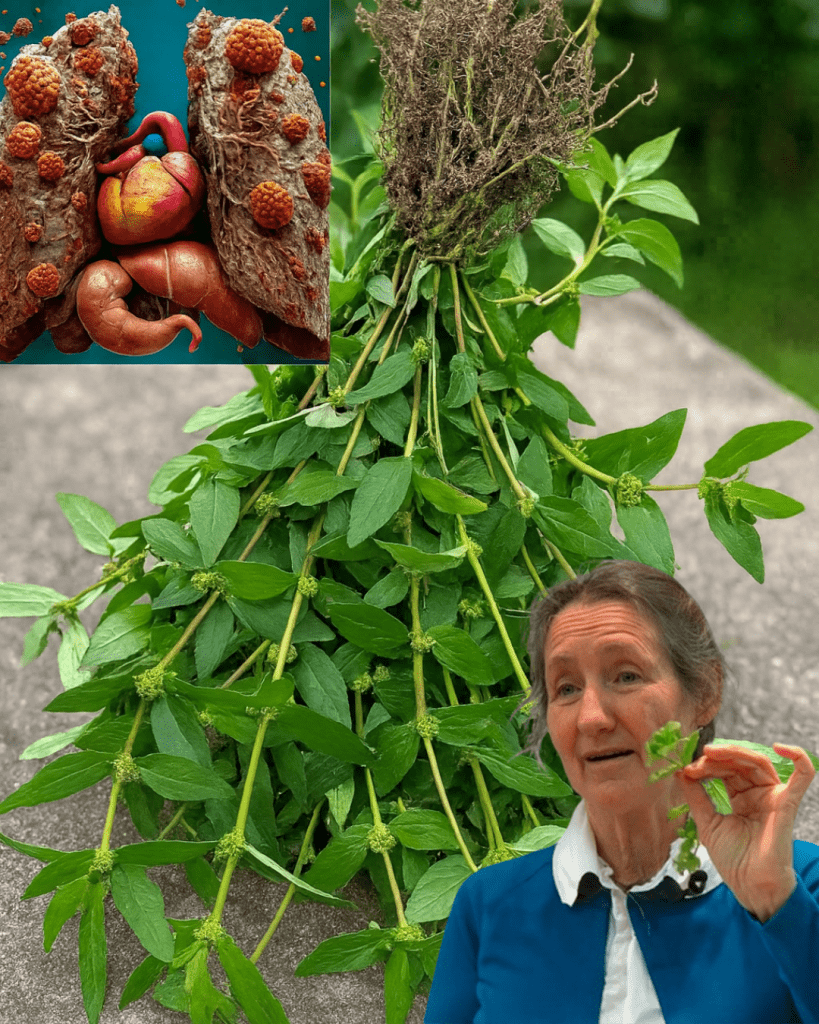
Quick Reference: Benefits, Uses, and Forms at a Glance
To make it even easier to incorporate Euphorbia hirta into your life, here’s a handy overview of its key applications.
| Benefit | Traditional Use | Recommended Form |
|---|---|---|
| Respiratory Health | Asthma, coughs, bronchitis | Tea or decoction |
| Dengue Support | Platelet recovery, hydration | Herbal infusion |
| Antimicrobial | Wounds, skin infections | Topical paste or sap |
| Anti-Inflammatory | Joint pain, swelling | Decoction or compress |
| Digestive Aid | Diarrhea, cramps | Tea |
| Skin Health | Warts, boils, fungal issues | Topical application |
| Blood Sugar Balance | Diabetes management | Decoction |
| Pain Relief | Headaches, menstrual discomfort | Tea |
| Urinary Support | UTIs, general cleansing | Tea |
| Immunity Boost | Oxidative stress, wellness | Infusion or decoction |
This table distills centuries of wisdom into practical insights, showing just how versatile this plant can be.
How to Harness Euphorbia Hirta: Safe and Simple Preparations
Incorporating Euphorbia hirta into your routine is straightforward, using time-tested methods that honor its potency. Start small to see how your body responds, and always source from clean, pesticide-free areas.
Brewing a Soothing Herbal Tea (Decoction)
For respiratory or digestive support, gather a handful of fresh leaves (about 10-15 grams). Rinse them well, then boil in 2 cups of water for 10-15 minutes. Strain and sip warm, up to twice a day. Sweeten with honey for palatability—it’s a ritual that feels both nurturing and empowering.
Topical Applications for Skin and Wounds
Crush fresh leaves into a paste and apply directly to affected areas like warts or minor cuts. For inflammation, wrap the paste in a clean cloth as a compress. Leave on for 20-30 minutes, then rinse. This method taps into the plant’s antimicrobial sap, accelerating healing while you rest.
Infusions for Dengue or Immunity Support
In dengue-prone areas, a light infusion is common: steep 5-7 grams of dried leaves in hot water for 5 minutes. Drink moderately as part of supportive care. For general immunity, enjoy it daily during stressful seasons, feeling the warmth spread through your body.
These preparations are accessible, requiring no special tools—just intention and care. Over time, they can become cherished parts of your self-care practice.
Essential Safety: Using Euphorbia Hirta with Wisdom
While Euphorbia hirta is a gift from nature, respect is key to unlocking its benefits safely. Its milky sap can irritate skin or eyes, so handle with gloves if sensitive. Start with low doses to monitor reactions, as excess might cause nausea or digestive upset.
Pregnant or breastfeeding individuals should steer clear without professional guidance, as should those with allergies to the spurge family. For chronic conditions like asthma or diabetes, it’s a complement—not a replacement—for medical treatment. Always consult a healthcare provider to tailor it to your needs, ensuring it enhances rather than hinders your health.
Real-life stories underscore its value: In India, families brew asthma weed tea during monsoons, blending it with modern inhalers for balanced relief. Philippine communities rally around tawa-tawa during outbreaks, sharing brews that foster hope and hydration. In African villages, it’s a staple for wound care on farms, proving its reliability across generations. These anecdotes remind us: when used mindfully, Euphorbia hirta bridges tradition and today.
Why Euphorbia Hirta Deserves a Spot in Your Wellness World
From the fields of Asia to the backyards of the Americas, Euphorbia hirta has quietly healed for centuries, proving that true power often hides in plain sight. It’s not a miracle worker, but its array of benefits—from easing breaths to fortifying immunity—makes it a worthy ally in your quest for natural health. In an era of synthetic solutions, rediscovering this “green gold” reconnects us to the earth’s abundance, inviting simpler, more sustainable ways to thrive.
Embrace it with curiosity and caution: forage responsibly, prepare with care, and let professional advice guide you. Your backyard might just hold the key to feeling stronger, calmer, and more vibrant. Why not step outside today and see what treasures await?
News in the same category


Sip Love in Every Drop: The Okra, Cloves, and Cinnamon Valentine’s Drink for Couples Only
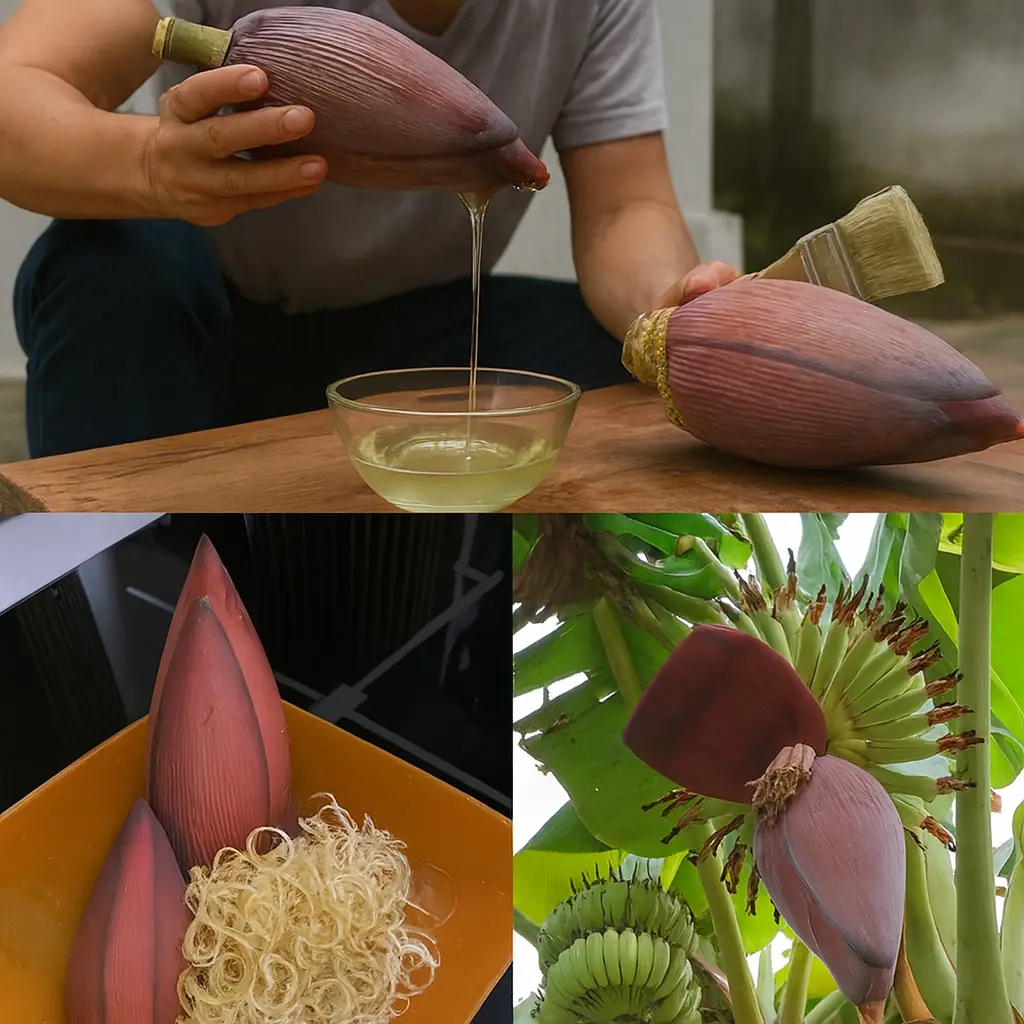
Banana Flowers: 11 Astonishing Remedies to Unlock Nature’s Hidden Healing Power
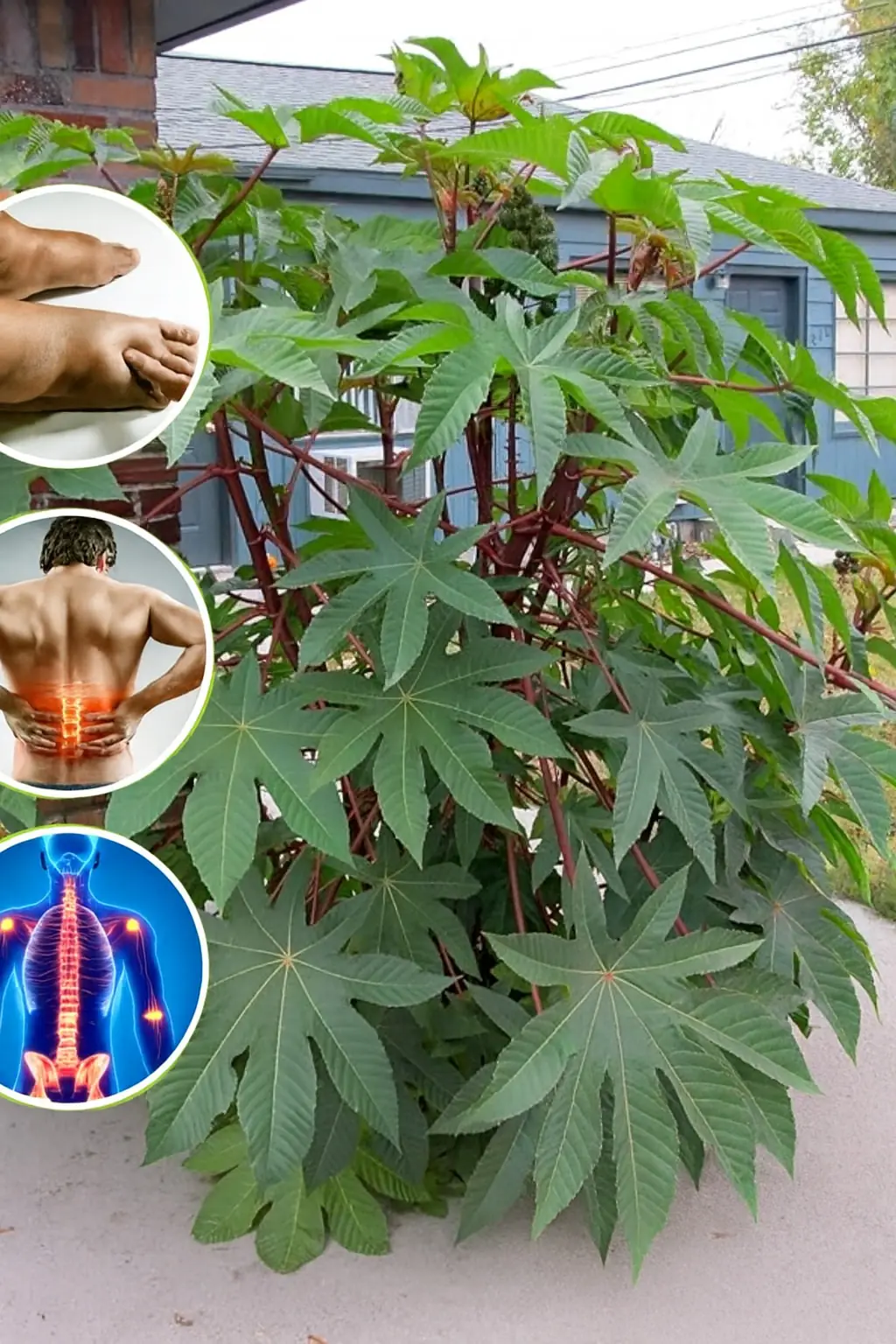
Unlock Nature’s Healing Secrets: 12 Surprising Ways Castor Leaves Can Transform Your Everyday Ailments
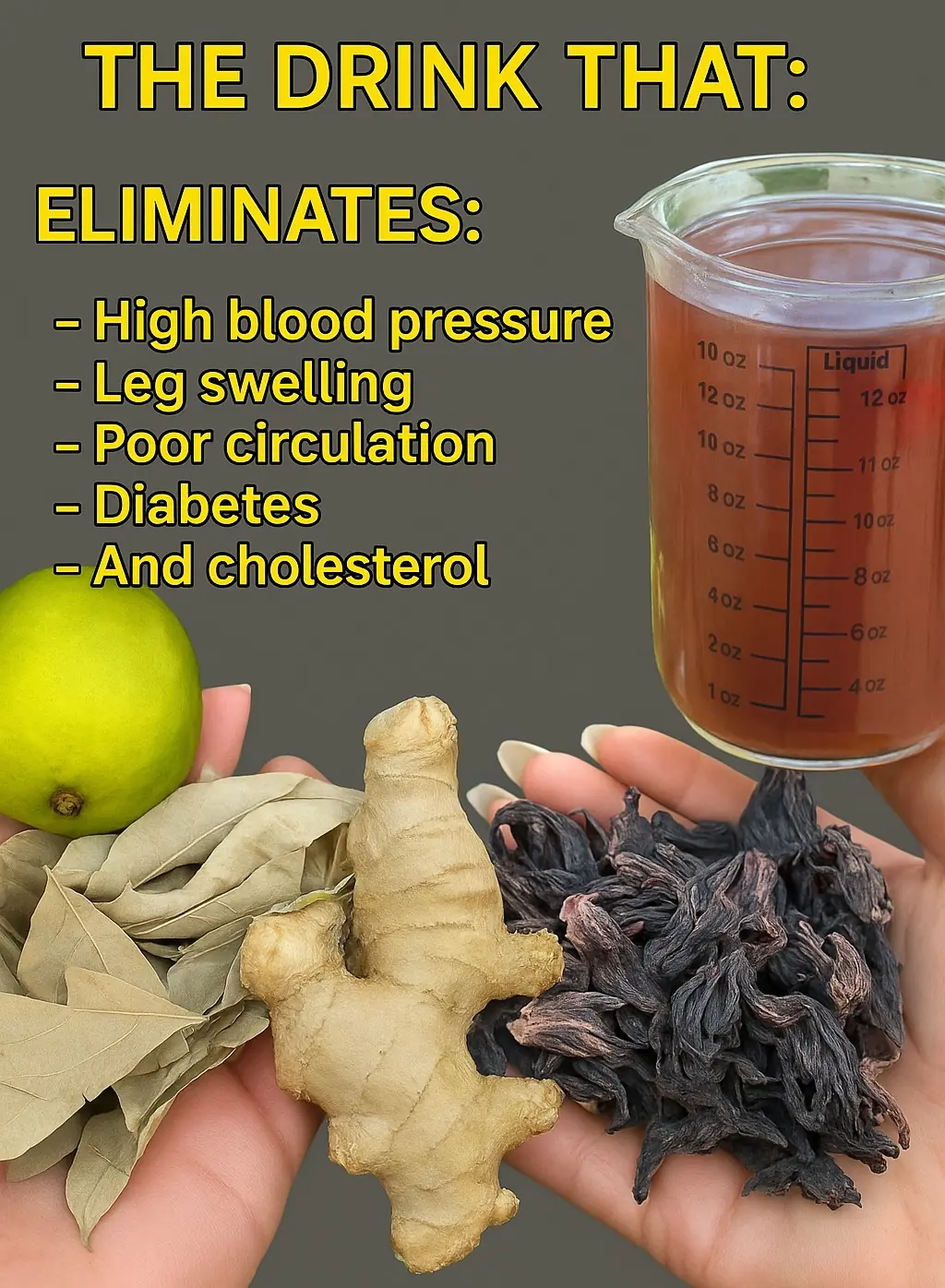
Discover the Ultimate Miracle Drink to Transform Your Health Naturally!

Unlock the Secret to Luscious Hair: Papaya Leaves for Stunning Growth

Unlock Instant Sinus Relief: Powerful Natural Remedies to Breathe Freely Again

Unlock Nature’s Pharmacy: 20 Healing Foods to Transform Your Health

Is Menopause Sneaking Up on You? 9 Surprising Signs You Might Be in It—and How to Thrive Through the Transition
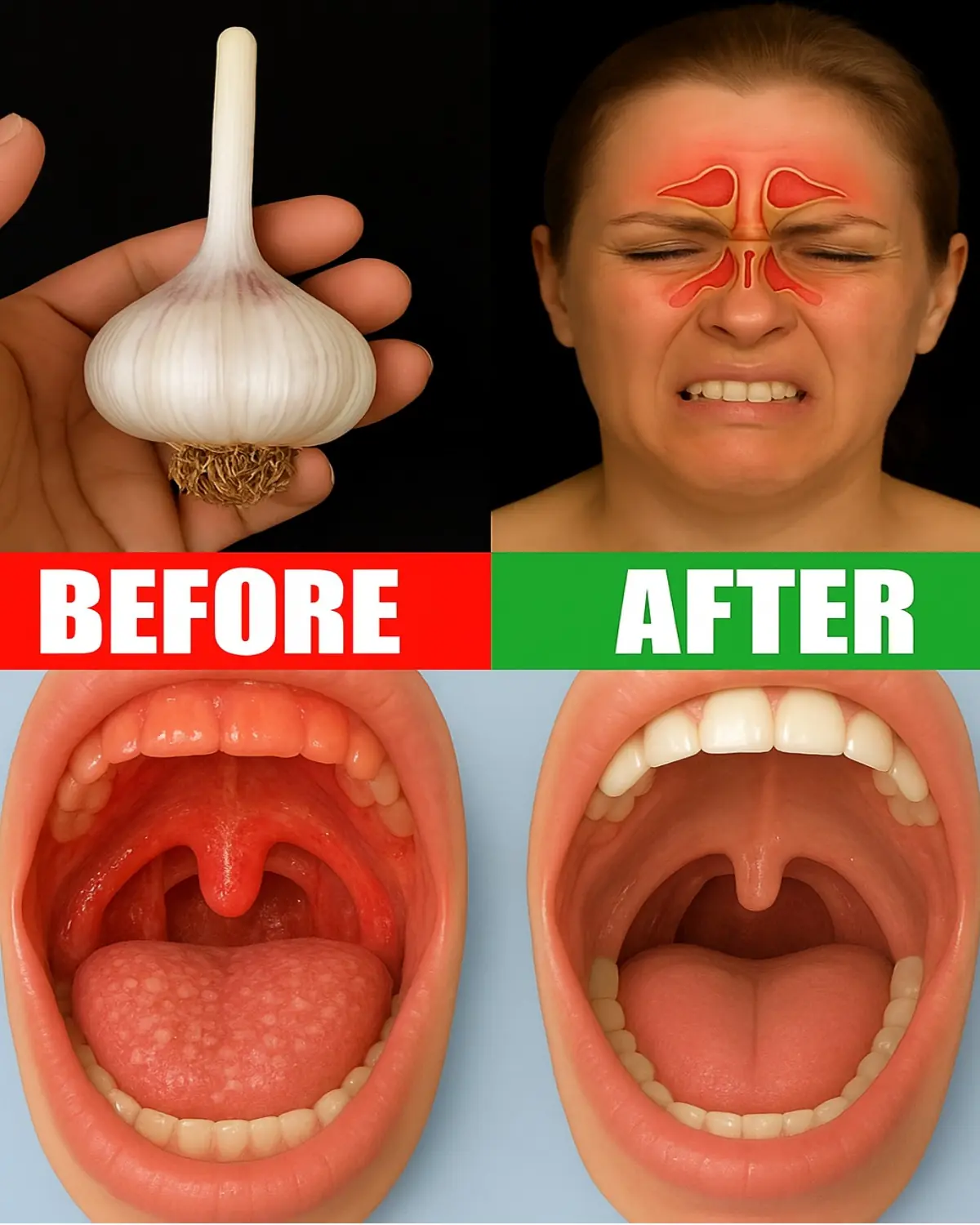
Garlic: Your Secret Weapon Against Urinary Tract Infections

8 Subtle Signs Your Body May Warn You of a Stroke
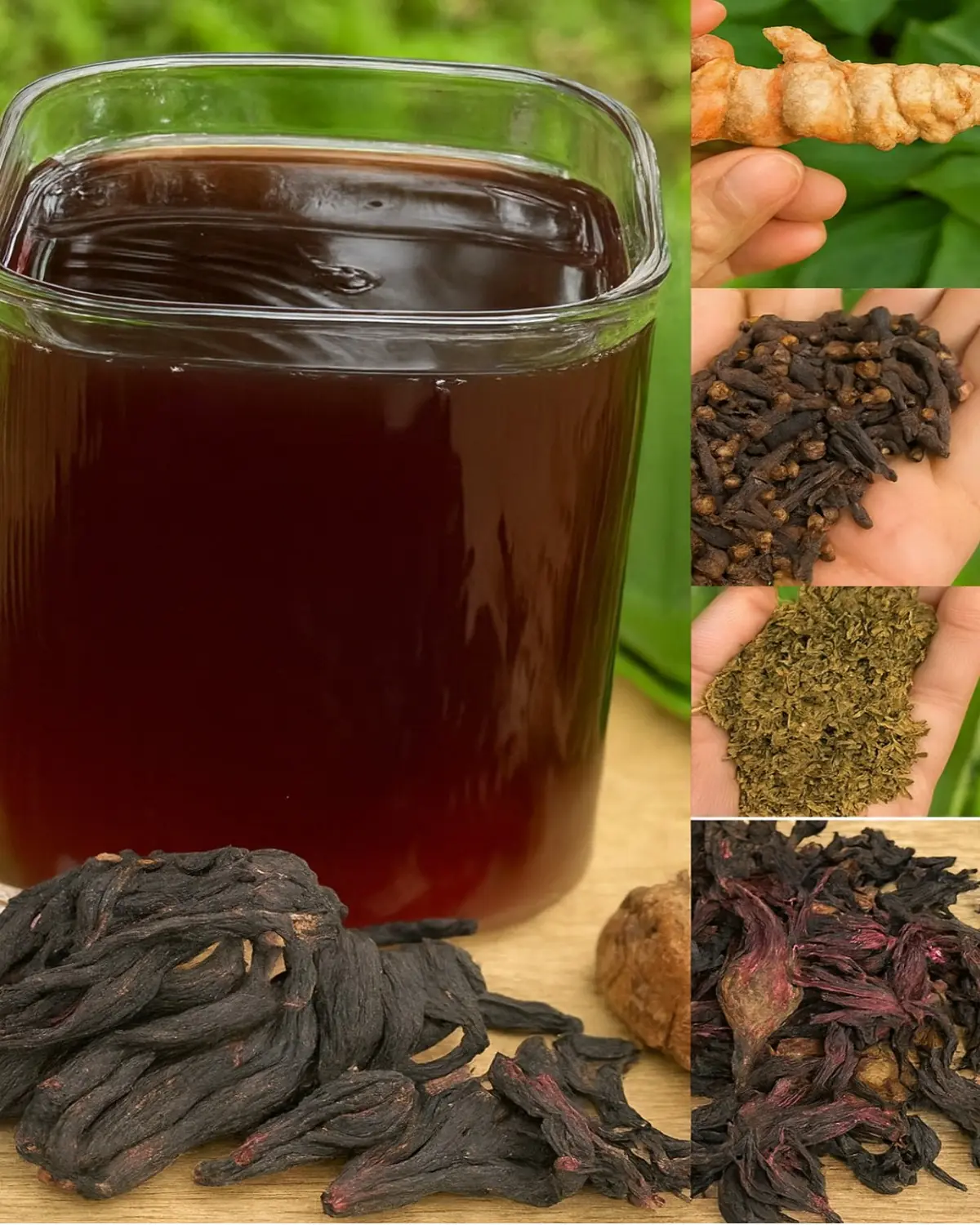
Unlock the Power of Roselle Infusion for Better Health

Discover the Creamy Avocado Banana Smoothie That Nourishes Your Busy Days

Beetroot, Ginger, and Lemon Elixir: A Natural Kidney Boost
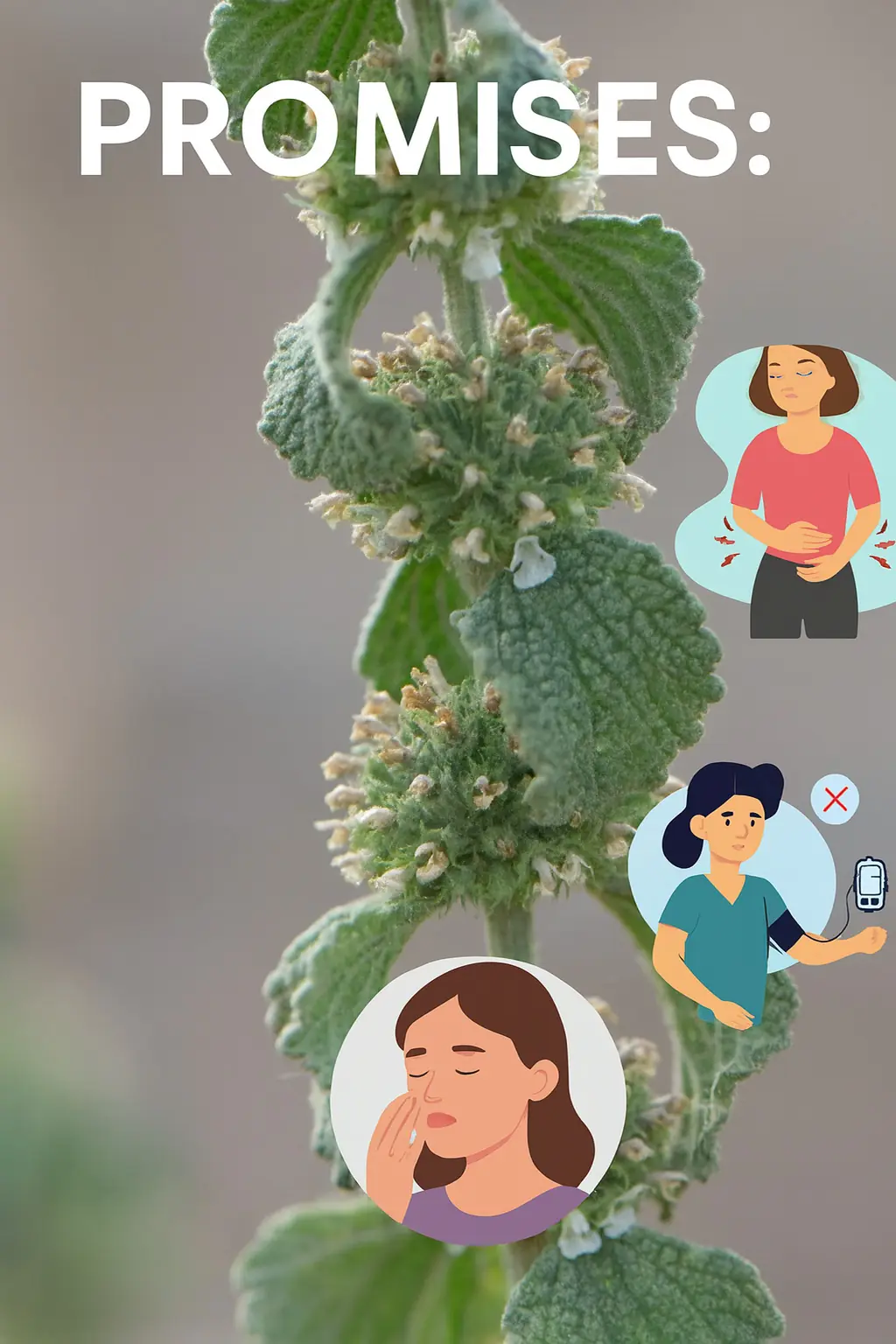
Discover Horehound: A Natural Treasure for Your Health
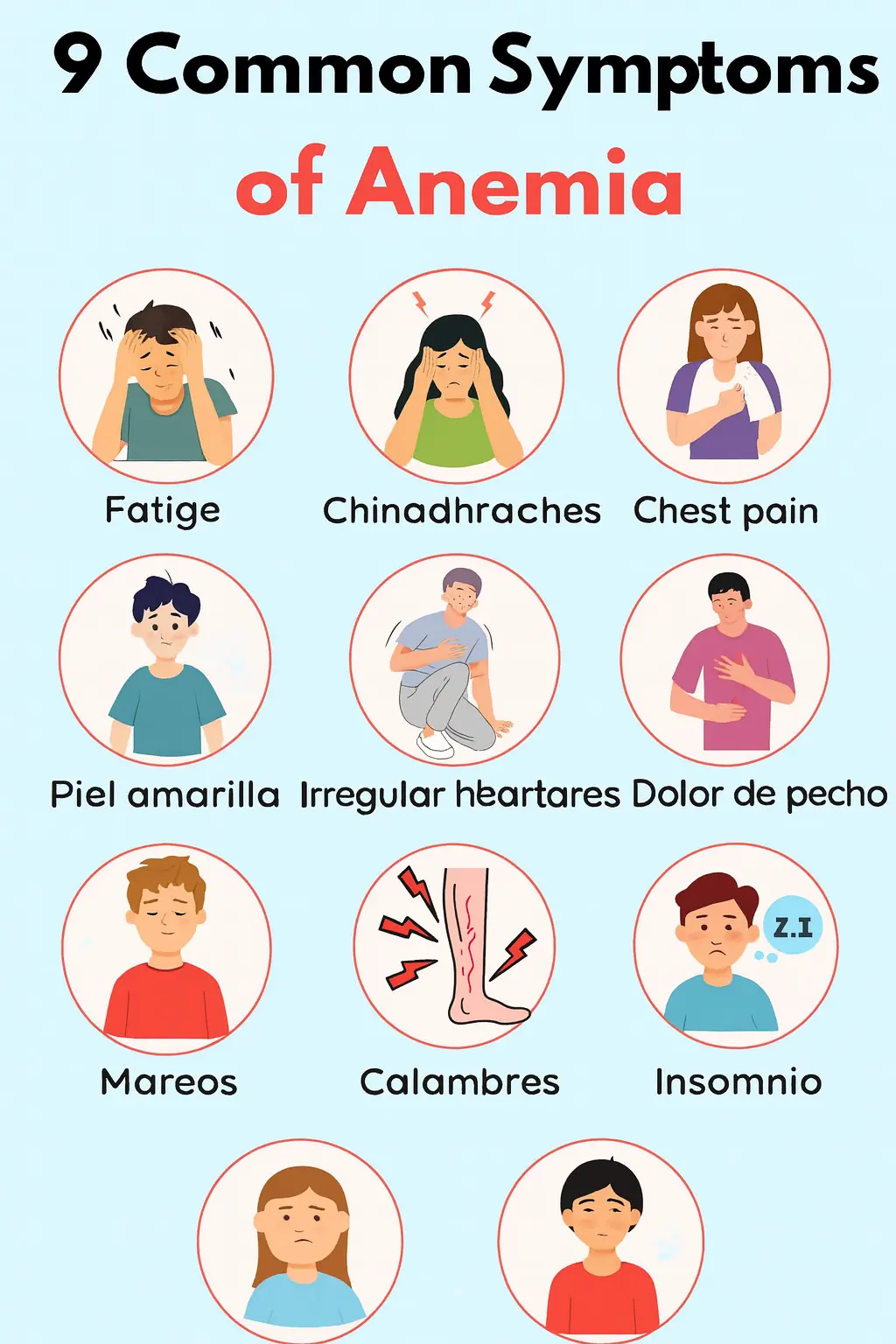
9 Common Symptoms of Anemia: Identify Them and Fight Them with Natural Remedies

Toothpaste and Vaseline: A Risk for Your Skin?

The Benefits of Boiling Garlic in Milk: A Healthy Natural Remedy

"Benefits of Mint" ✅
News Post

Zap Blackheads for Good: The Egg and Avocado Mask That’ll Transform Your Skin

Sip Love in Every Drop: The Okra, Cloves, and Cinnamon Valentine’s Drink for Couples Only

Banana Flowers: 11 Astonishing Remedies to Unlock Nature’s Hidden Healing Power

Unlock Nature’s Healing Secrets: 12 Surprising Ways Castor Leaves Can Transform Your Everyday Ailments

Discover the Ultimate Miracle Drink to Transform Your Health Naturally!

Unlock the Secret to Luscious Hair: Papaya Leaves for Stunning Growth

Unlock Instant Sinus Relief: Powerful Natural Remedies to Breathe Freely Again

Unlock Nature’s Pharmacy: 20 Healing Foods to Transform Your Health

Is Menopause Sneaking Up on You? 9 Surprising Signs You Might Be in It—and How to Thrive Through the Transition

Bill Gates Trades the Boardroom for the Help Desk: A Day in Customer Support at His Daughter’s Startup

Only a Genius Can Spot the Hidden Error in This Family Picture

Garlic: Your Secret Weapon Against Urinary Tract Infections

8 Subtle Signs Your Body May Warn You of a Stroke

Unlock the Power of Roselle Infusion for Better Health

Discover the Creamy Avocado Banana Smoothie That Nourishes Your Busy Days

Beetroot, Ginger, and Lemon Elixir: A Natural Kidney Boost

Indian Woman Seen ‘Begging’ at Canadian Railway Station While Carrying Prada Bag Sparks Debate

From Breakfast to Batteries: How Eggshell Waste Could Power a Greener Future
